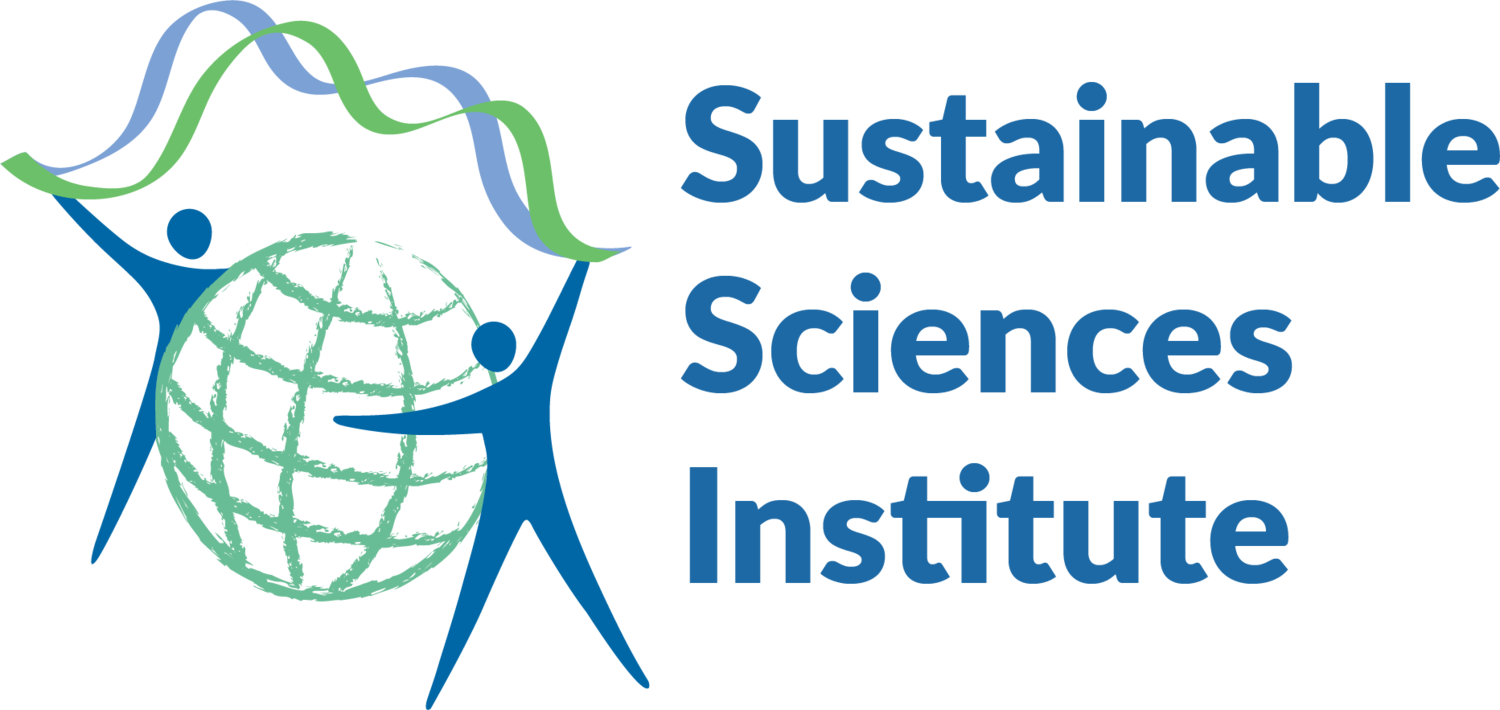Chikungunya Virus
An Arbovirus transmitted via the Aedes aegypti mosquito, Chikungunya causes fever and severe joint pain. Other symptoms include muscle pain, headache, nausea, fatigue and rash. The disease shares some clinical signs with dengue, and can often be misdiagnosed in areas where dengue is common. The proximity of mosquito breeding sites to human habitation is a significant risk factor for Chikungunya. The disease is endemic to Africa, Asia and the Indian subcontinent, but in recent decades mosquito vectors of Chikungunya have spread to Europe and the Americas. It spread rapidly from the Caribbean to Central and South America. The SSI team in Nicaragua, in collaboration with colleagues at the Ministry of Health and local research institutions, developed a strategy early on to help support local and regional detection. In January 2014 positive controls and primers for RT-PCR were obtained and set up in the national reference and diagnostic laboratory. From March to June 2014 monoclonal antibodies and antigens were obtained for in-house serological diagnosis and new ELISA assays were developed in collaboration with the Ministry of Health’s National Virology Laboratory. In July 2014 the first cases of Chikungunya were successfully and efficiently diagnosed in Nicaragua. In October 2014 the first autochthonous cases were diagnosed in Nicaragua, including participants in SSI’s cohort study. By November 2014, Chikungunya samples were sent to UC Berkeley for sequencing. Currently, the outbreak has spread, with thousands of locally transmitted confirmed cases in Nicaragua. The multiple samples were sequenced very early on in the outbreak allowed researchers to effectively get out in front of this new epidemic and improve the response time, diagnostic capacity and treatment intervention effectiveness of the public health system. SSI’s impact in supporting high quality research early on in disease detection in this case led to a formal collaboration with the Pan American Health Organization of the United Nation’s World Health Organization (WHO) for regional infectious disease research capacity building
Chikungunya Research in the Americas
SSI is now involved in 2 projects supporting Chikungunya research in the Americas:
In fall of 2014 SSI received a supplemental grant from the National Institutes of Health (NIH) of nearly $150,000 to screen for Chikungunya virus in Nicaragua.
In late 2014, SSI initiated a collaboration with the Pan American Health Organization to study Chikungunya, with the following specific objectives:
• Support in-country molecular and serological diagnosis of Chikungunya in collaboration with the Ministry of Health of Nicaragua
• Sequence and characterize viral strains circulating in Nicaragua
• Study the epidemiology and natural history of the Chikungunya introduction in Nicaragua
